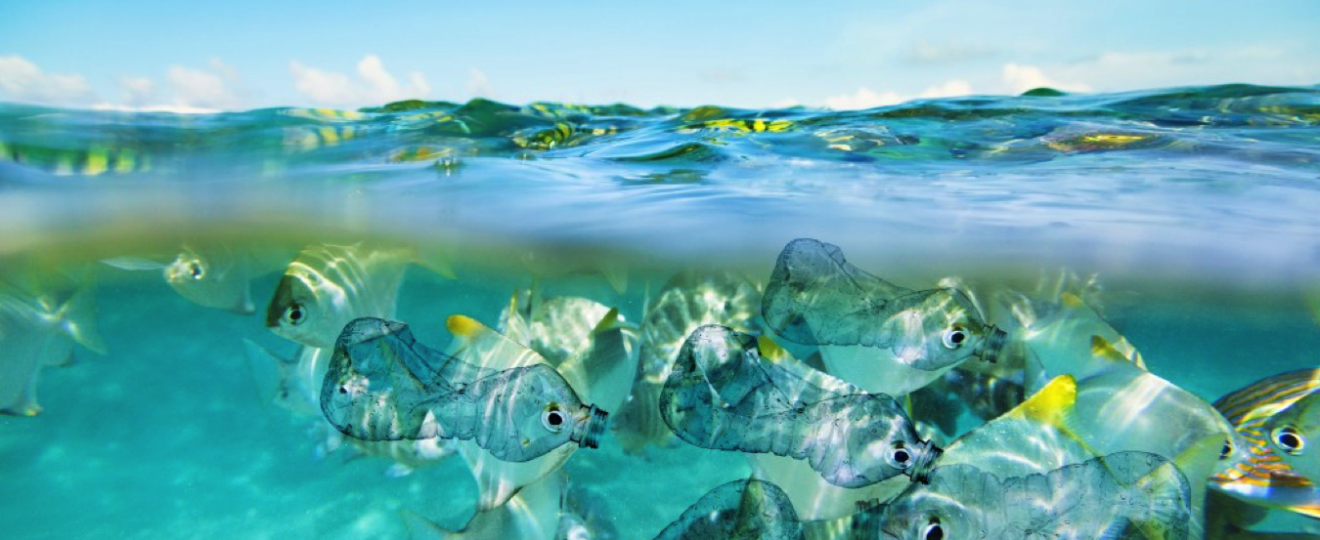PhD position in advanced aquatic pollution modelling and event forecasting – University of Siena, Italy

Environmental Spectroscopy Group
Department of Biotechnology, Chemistry and Pharmacy
Università degli Studi di Siena (https://en.unisi.it/)
Siena, Tuscany, Italy
The University of Siena’s Environmental Spectroscopy Group invites applications for a fully funded PhD position in the field of aquatic pollution monitoring and modelling. This research opportunity focuses on integrating information from multiple sources; continuous sondes, low-cost sensors, remoting sensing and citizen science, into novel modelling and forecasting approaches to identify pollution sources, and propose targeted mitigation strategies.
At the Environmental Spectroscopy Group, we have a long history of developing innovative monitoring and modelling approaches, bringing together scientists, agencies and communities, to investigate lakes, rivers, coastal areas and wetlands across the globe. Our group is actively involved in various European and international projects that examine water bodies in Italy, Europe, and support novel monitoring approaches throughout Eastern and Southern Africa.
As a PhD candidate, you will join our interdisciplinary team and contribute to the development of novel modelling and forecasting methods that can integrate data from multiple sources. You will utilize advanced modeling and analysis techniques employing machine learning and artificial intelligence to identify pollution courses data and provide early warning systems for pollution events and step changes in water quality. Your research activities will include collaboration with colleagues from agencies and ministries around the world, as well as dissemination of findings at international conferences, and publication of scientific articles.
By undertaking this PhD position, you will gain skills required for conducting research in international projects within interdisciplinary networks of scientists. This opportunity will equip you with the expertise to help address the challenges facing freshwater ecosystems and contribute to the sustainable management of these environments.
The requirements for application are
- A strong interest in interdisciplinary science and working collaboratively
- A Master’s in chemistry, environmental science, mathematics, environmental engineering.
- Experience in statical analysis and modelling
- Experience in programming and spatial analysis (GIS) is preferred
Applications will be open from July 10 to August 10, 2023. The position will begin in October 2023
If you are interested, please contact Prof. Steven Loiselle (steven.loiselle@unisi.it).















